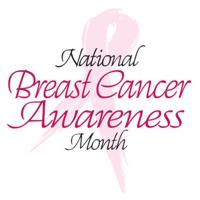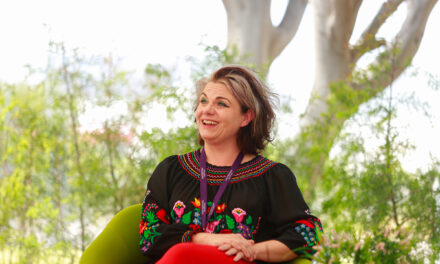
The following are risk factors for breast cancer:
• Gender: Simply being a woman is the main risk factor for developing breast cancer.
• Aging: About two of three invasive breast cancers are found in women age 55 or older.
• Known genetic risk factors: Many inherited gene mutations are known to be associated with breast cancer.
• Family history: Having a mother, a sister or a daughter with breast cancer approximately doubles a woman’s risk.
• Personal history: A woman with cancer in one breast has a three- to four-fold increased risk of developing a new cancer in the other breast or in another part of the same breast.
• Race and ethnicity: Overall, white women are slightly more likely to develop breast cancer than are Black women, but Black women are more likely to die from this cancer.
• Dense breast tissue: Women with dense breasts have a higher risk of breast cancer.
• Certain benign breast conditions: Women diagnosed with certain benign breast conditions, especially proliferative lesions, might have an increased risk of breast cancer.
• Previous chest radiation: Includes radiation therapy to the chest area as treatment for another cancer.
• Menstrual periods: Women who started menstrual cycles before age 12 or who went through menopause after age 55 have a slightly higher risk.
• Pregnancy timing: Women who have had no children or who had their first child after age 30 have a slightly higher breast cancer risk.
• Oral contraceptives: Studies have found that women using birth control pills have a slightly greater risk.
• Hormone therapy: Use of combined hormone therapy with estrogen and progesterone increases the risk.
• Breastfeeding: May slightly reduce the risk, especially if continued for 18 months to two years.
• Drinking alcohol: Women who consume one alcoholic drink a day have a very small increase in risk, while those who have two to five drinks daily have about one and a half times the risk of women who don’t drink alcohol.
Source: American Cancer Society




